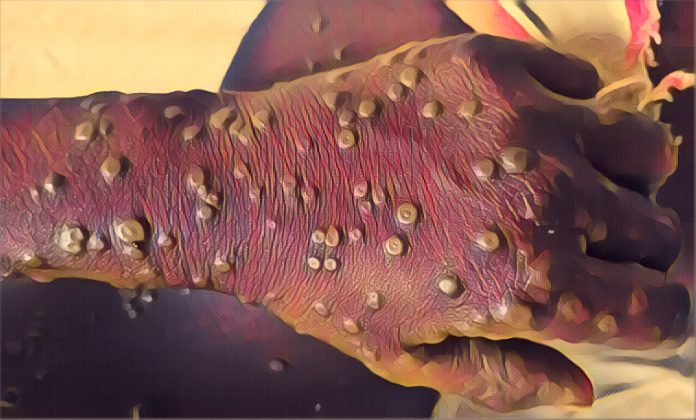Nigeria is stepping up its surveillance efforts at border entry points in response to rising concerns about mpox, a viral disease previously known as monkeypox. This intensified monitoring aims to prevent the spread of mpox into the country and ensure that effective measures are in place to manage potential outbreaks.
The Nigerian government has announced new protocols for screening travelers arriving at international entry points, including airports and land borders. These measures are designed to detect and isolate cases of mpox early, reducing the risk of widespread transmission within the country.
Mpox, while generally less severe than smallpox, has been the subject of increased international attention due to recent outbreaks in various regions. The disease is transmitted through close contact with infected individuals or animals, and symptoms can include fever, rash, and swollen lymph nodes. Though typically not fatal, mpox can pose significant health risks, particularly in vulnerable populations.
In response to the threat, Nigeria’s health authorities are implementing comprehensive surveillance systems to identify and manage cases promptly. This includes enhanced screening processes for incoming travelers, increased availability of diagnostic tests, and improved coordination with international health agencies.
The Ministry of Health has emphasized the importance of early detection and rapid response in managing mpox. By focusing on border entry points, the government aims to prevent cases from entering the country and to mitigate any potential public health risks. The new measures also include public awareness campaigns to educate travelers and health professionals about the signs and symptoms of mpox and the importance of reporting any suspected cases.
The increased surveillance comes as part of a broader strategy to strengthen Nigeria’s overall capacity to handle emerging infectious diseases. This approach reflects lessons learned from previous health crises, such as the Ebola outbreak, and demonstrates the country’s commitment to improving its public health infrastructure.
Health experts have praised Nigeria’s proactive stance, noting that vigilant monitoring at border points is crucial in preventing the spread of infectious diseases. Effective surveillance not only helps in early detection but also plays a key role in coordinating response efforts and implementing containment strategies.
While the focus is currently on mpox, the surveillance infrastructure being developed will also enhance Nigeria’s ability to respond to other potential health threats. The country’s investment in health security reflects a growing recognition of the need for robust systems to manage and prevent outbreaks.
As the global community continues to grapple with various public health challenges, Nigeria’s approach to mpox surveillance highlights the importance of international cooperation and preparedness. By taking proactive measures at its borders, Nigeria is contributing to a global effort to control and eventually eliminate mpox.
There is hope that these enhanced surveillance efforts will be successful in preventing the spread of mpox and protecting public health. Continued vigilance, combined with effective communication and international collaboration, will be key in managing the risks associated with this and other emerging diseases.
Source: Business Day



